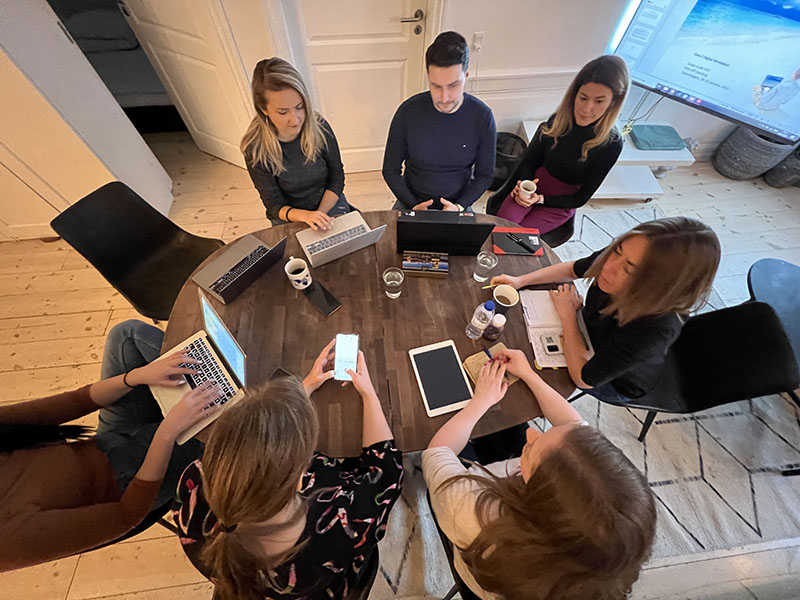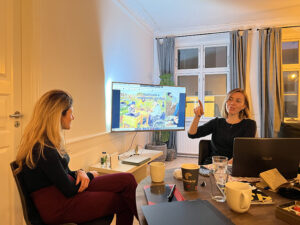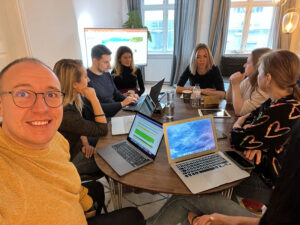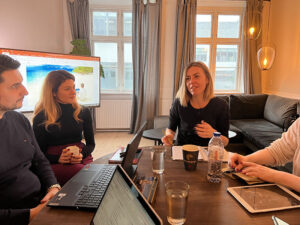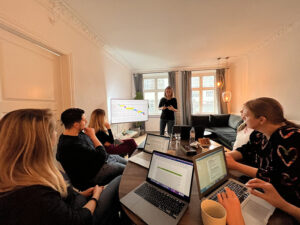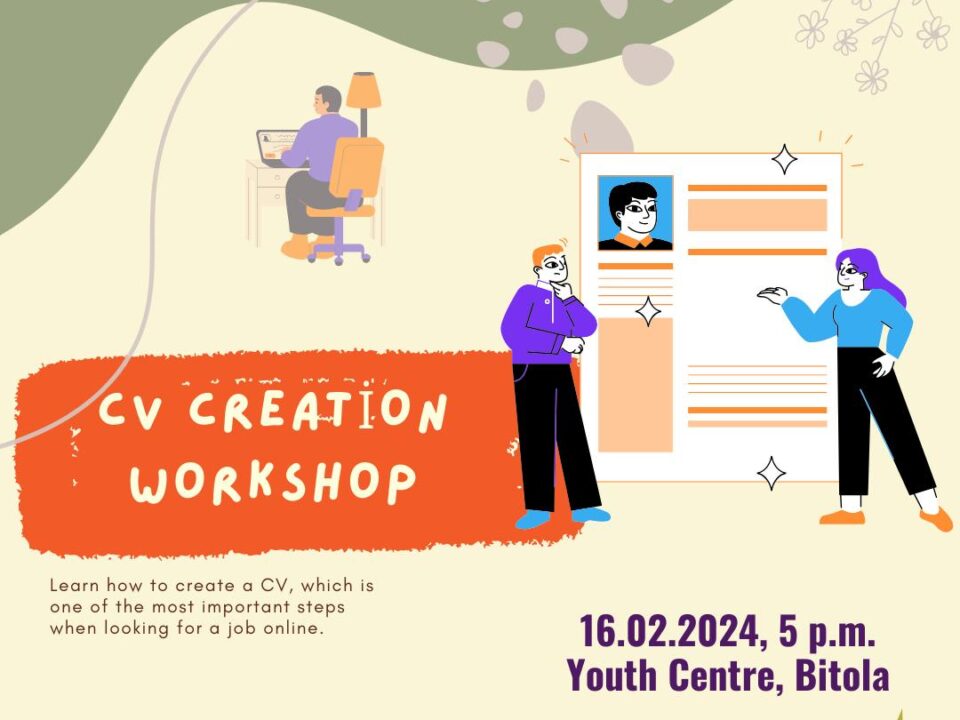
GEN Z TRAINING COURSE FOR YOUTH WORKERS

Gen Z Digital Workforce
SFERA International attended the kick-off meeting for the project GEN Z from January 28–31, 2022, in Copenhagen, Denmark.
The project Gen Z aims to contribute to the reduction of unemployment in the EU by focusing on supporting people with fewer opportunities, and it is an initiative between 5 organizations (You(th) Develop Denmark (coordinator), Uniamoci Onlus (Italy), SFERA International (North Macedonia), Innovaform (Hungary), and My Madeira Island (Portugal)).
The priorities that this project covers aim to pilot education and training systems that promote employability, upskilling, and innovation, as well as increase social mobility and equality for special groups. This project aims to equip young people with the competencies needed for receiving and retaining a job online and developing hard and soft skills for self-organized work, including resilience. The project targets young people (also currently abbreviated as “Generation Z” or “Gen Z”) from remote and rural areas, migrants, representatives of minorities, those with health issues and disabilities, and those with economic and educational barriers, as they can leverage remote work opportunities for their benefit now.
The objectives of the project are:
-Create a curriculum for young people with fewer opportunities and adults that work with youngsters;
-Promote inclusiveness in remote work and create conditions for more young people with fewer opportunities to enter the online workforce;
-Update and improve competencies of non-profit associations, career counselors in universities, colleges, and VET, and specialists of employment agencies in helping young people become more employable in the current job market;
-Increase the opportunities for NGOs, employment agencies, and career offices to support young people with fewer opportunities in their struggle to become more competitive in the online job market;
– Enlarge their understanding and responsiveness to the social, linguistic, and cultural diversity of e-work; promote innovative pedagogies and methods for teaching, learning, and assessment; and support educators and learners to use digital technologies in creative, collaborative, and efficient ways;
-Create a more modern and professional environment inside the organization, ready to integrate good practices and new methods into daily activities;
-Promote the idea of remote work as a new norm and an opportunity for those who don’t have much access to the regular job market.

